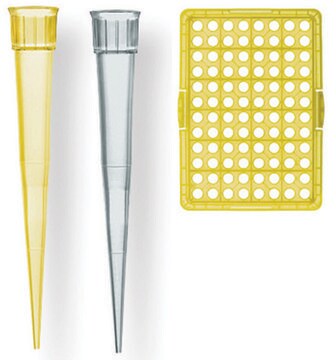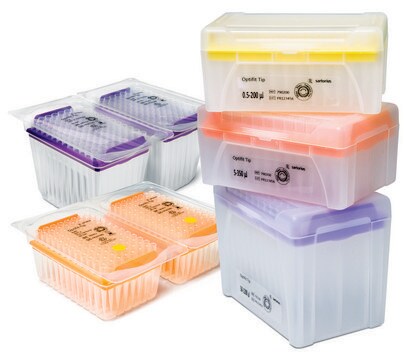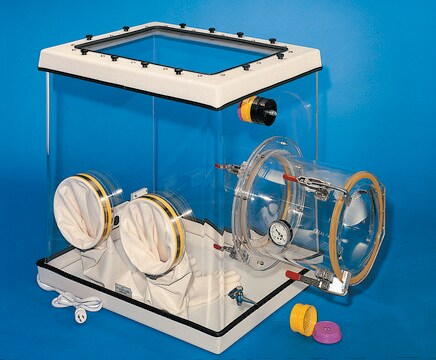EHU098591
MISSION® esiRNA
targeting human LRRK2
About This Item
Produtos recomendados
descrição
Powered by Eupheria Biotech
linha de produto
MISSION®
forma
lyophilized powder
sequência-alvo de DNAc esiRNA
CTCACGAGCTTTCCACAACAGCTATGTGAAACTCTGAAGAGTTTGACACATTTGGACTTGCACAGTAATAAATTTACATCATTTCCTTCTTATTTGTTGAAAATGAGTTGTATTGCTAATCTTGATGTCTCTCGAAATGACATTGGACCCTCAGTGGTTTTAGATCCTACAGTGAAATGTCCAACTCTGAAACAGTTTAACCTGTCATATAACCAGCTGTCTTTTGTACCTGAGAACCTCACTGATGTGGTAGAGAAACTGGAGCAGCTCATTTTAGAAGGAAATAAAATATCAGGGATATGCTCCCCCTTGAGACTG
Ensembl | Número de adesão de ser humano
nº de adesão NCBI
Condições de expedição
ambient
temperatura de armazenamento
−20°C
Informações sobre genes
human ... LRRK2(120892) , LRRK2(120892)
Descrição geral
For additional details as well as to view all available esiRNA options, please visit SigmaAldrich.com/esiRNA.
Informações legais
Código de classe de armazenamento
10 - Combustible liquids
Ponto de fulgor (°F)
Not applicable
Ponto de fulgor (°C)
Not applicable
Certificados de análise (COA)
Busque Certificados de análise (COA) digitando o Número do Lote do produto. Os números de lote e remessa podem ser encontrados no rótulo de um produto após a palavra “Lot” ou “Batch”.
Já possui este produto?
Encontre a documentação dos produtos que você adquiriu recentemente na biblioteca de documentos.
Nossa equipe de cientistas tem experiência em todas as áreas de pesquisa, incluindo Life Sciences, ciência de materiais, síntese química, cromatografia, química analítica e muitas outras.
Entre em contato com a assistência técnica







